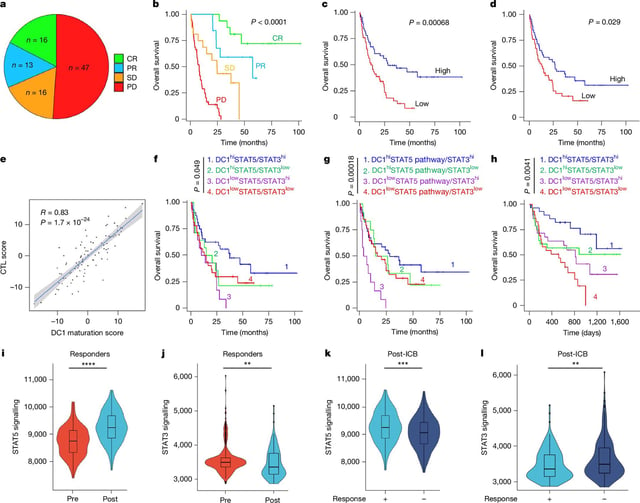Overview
- Researchers at the University of Michigan have developed PROTAC molecules SD-36 and SD-2301 to selectively degrade STAT3, a protein linked to immune checkpoint resistance.
- Preclinical studies show that STAT3 degradation restores dendritic cell function, enhances CD8⁺ T cell responses, and suppresses advanced, resistant tumors across multiple cancer types.
- The second-generation degrader, SD-2301, demonstrated superior potency, safety, and pharmacokinetics compared to SD-36, making it the lead candidate for clinical trials.
- Combining STAT3 degradation with PD-L1 checkpoint blockade yielded synergistic antitumor effects in preclinical models, highlighting its potential as an immunotherapy adjuvant.
- Researchers are preparing to initiate first-in-human clinical trials of SD-2301, aiming to address resistance to immune checkpoint inhibitors in cancer therapy.
